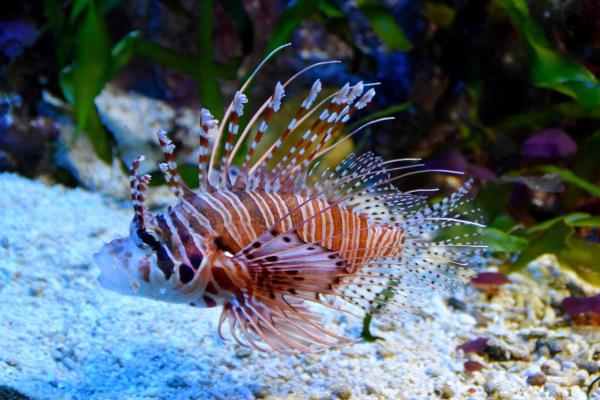When you plan to visit Africa, one of the most exciting aspects of the journey is the opportunity to explore the diverse and vibrant culinary culture, especially the seafood.
The African coastline, stretching from the Mediterranean to the Indian Ocean, is home to a vast variety of marine life, much of which is harvested for local consumption.
However, not all fish in African waters are safe to eat. Some species are notorious for carrying harmful toxins that can pose significant health risks.
For travelers eager to experience the rich flavors of African seafood, understanding which fish are safe to eat and which ones to avoid is crucial.
Many of the toxic fish species found in African waters may not be easily identifiable by their appearance alone. Some are revered delicacies in certain regions, making it even more important to learn about the hidden dangers they may carry.
In this comprehensive guide, we will walk you through the fish you should avoid when consuming seafood on the African coast. By the end of this article, you’ll be equipped with the knowledge to make informed decisions about your meals, ensuring you can enjoy the local cuisine without putting your health at risk.
Let’s dive in and discover which fish to avoid and how to protect yourself from harmful toxins.
Section 1: Introduction to Toxic Fish in the African Sea
The African coastline is home to a variety of unique ecosystems, from the vibrant coral reefs of the Red Sea to the deeper waters of the Atlantic Ocean.
These ecosystems support an incredible diversity of marine species, many of which are sought after by local fishermen and global markets. However, some of these species carry toxins that can be dangerous to humans.
Toxins in fish can originate from various sources.
For example, some fish accumulate toxins through their diet, feeding on smaller organisms that are contaminated. Others produce toxins as a natural defense mechanism, particularly species like pufferfish.
These toxins, such as ciguatoxins, tetrodotoxins, and brevetoxins, can cause a range of harmful effects, from mild nausea to life-threatening paralysis or even death.
While the toxic fish in African waters are often not immediately recognizable by sight, it’s essential for travelers to understand which species are most dangerous.
These toxins are not always neutralized by cooking or freezing, so knowing how to avoid these fish is the best way to prevent poisoning.
